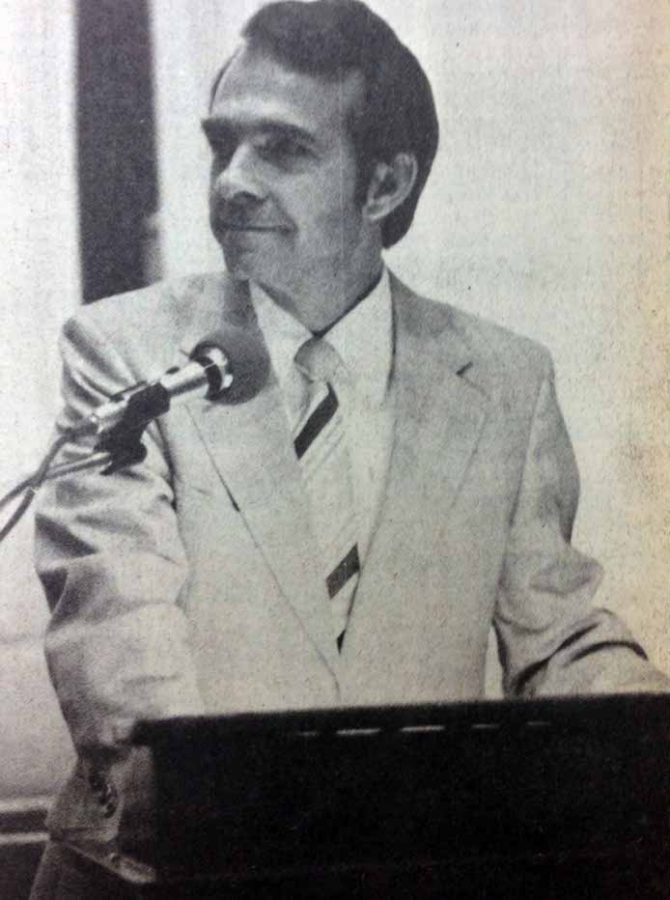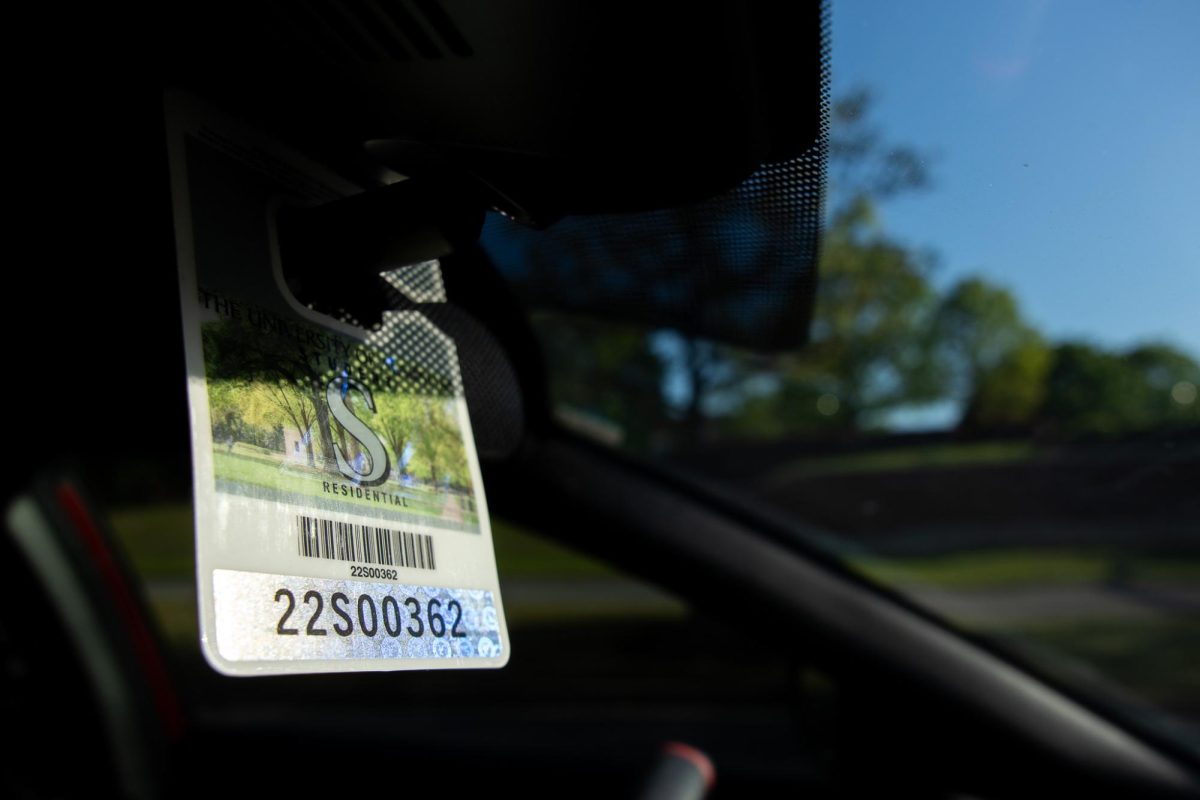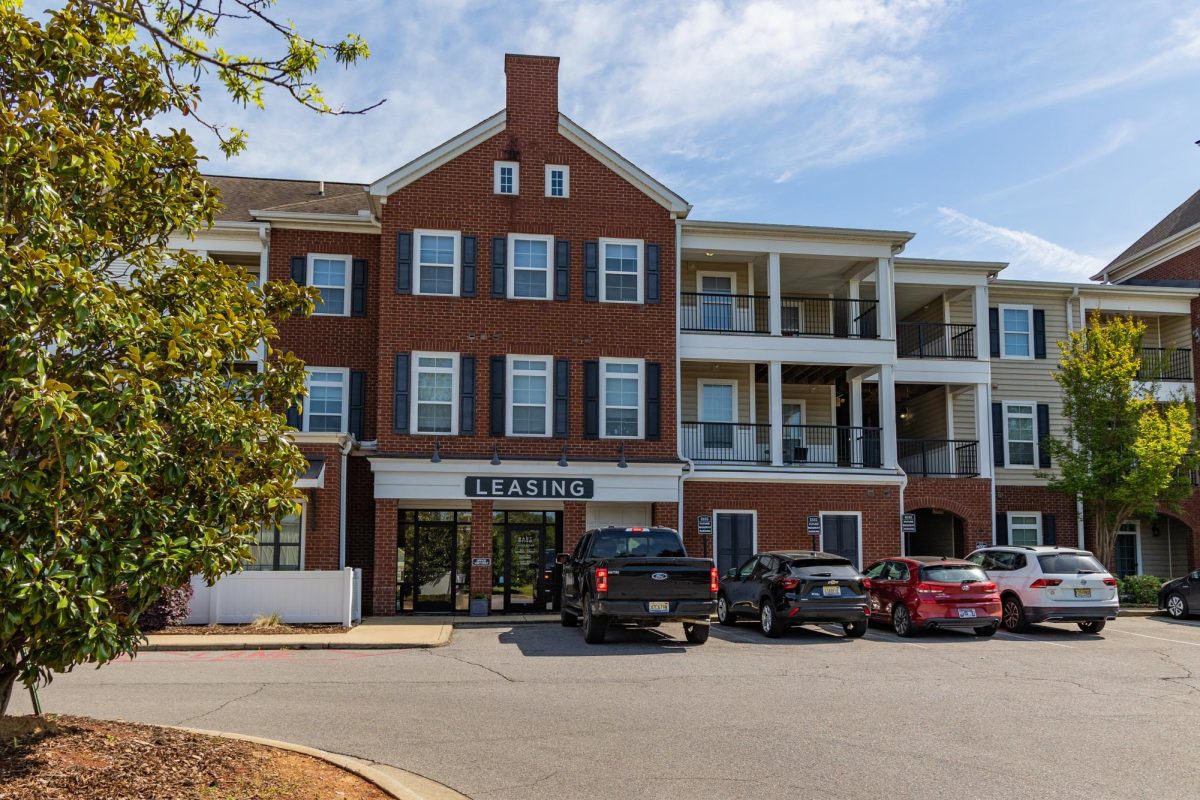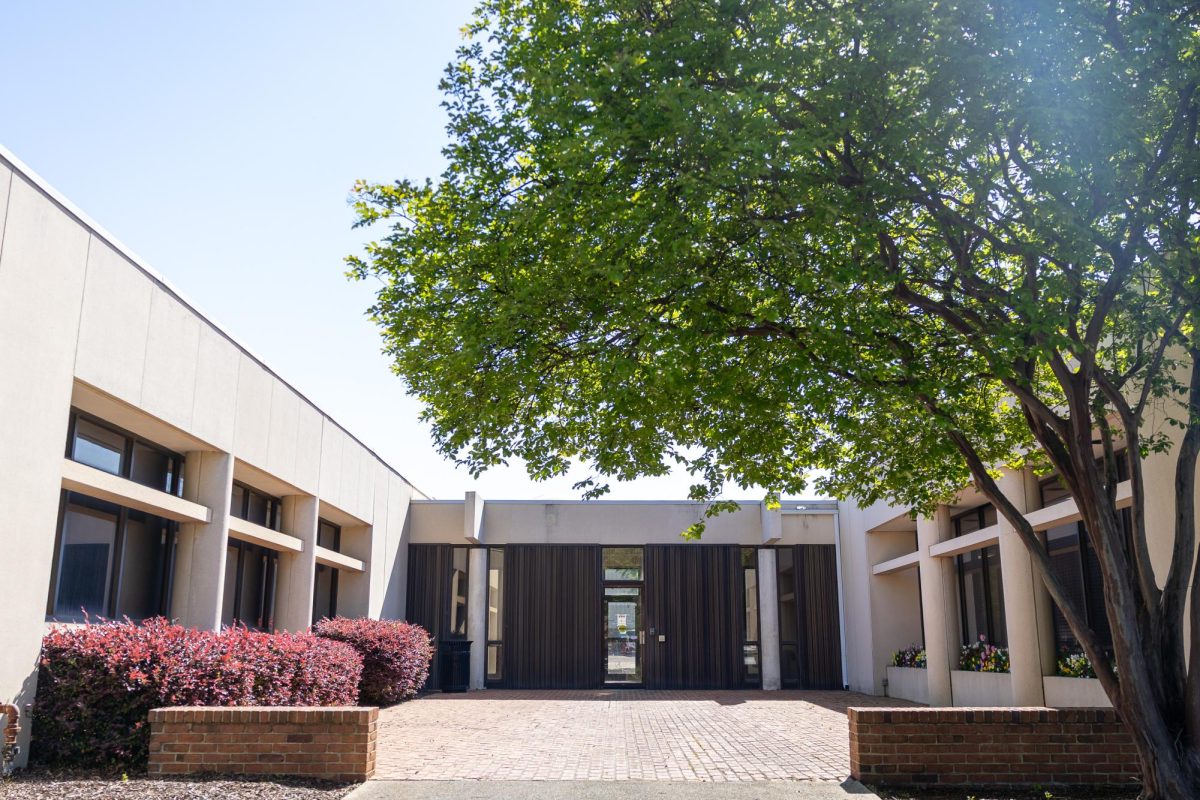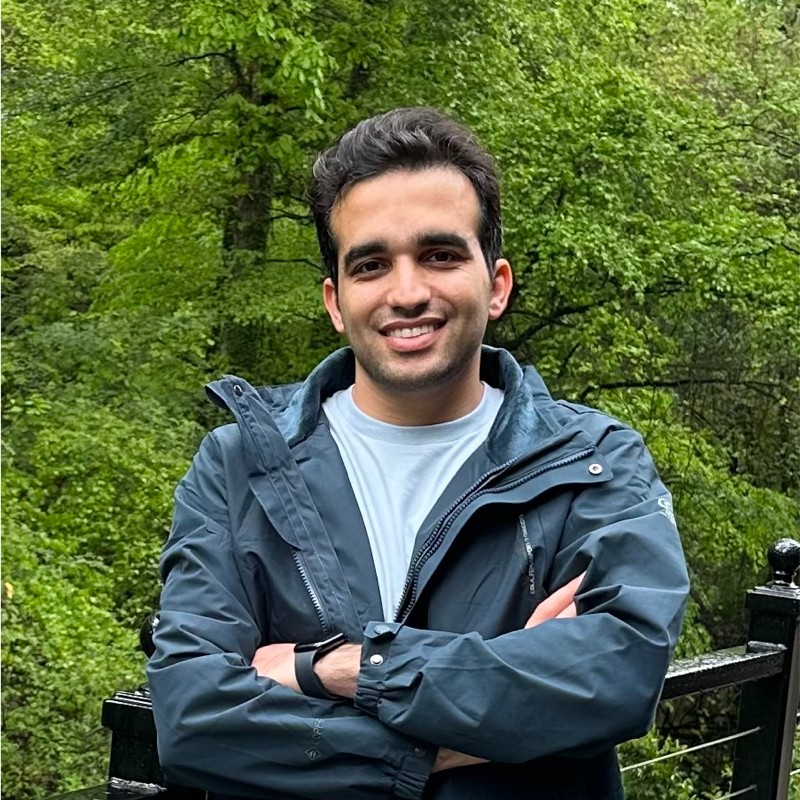By Mark Hammontree and Mackenzie Brown | CW Staff
Former University of Alabama president Joab Thomas died Monday in Tuscaloosa at the age of 81. Also the former president of Pennsylvania State University and former chancellor of North Carolina State University, Thomas was a Tuscaloosa County native and spent nearly five decades in higher education.
“From his days as a teaching fellow at Harvard to his tenure at the helm of three of America’s premier public universities, Joab Thomas was at the forefront as a leader in higher education,” UA system chancellor Robert Witt said in a statement.
Raised in Holt and Russellville, Ala., Thomas earned a full scholarship to Harvard University, where he received his bachelor’s, master’s and doctoral degrees in biology.
According to an article noting Thomas’ resignation as UA president in a June 1988 issue of The Crimson White, Thomas, a native of Holt, Ala., returned to Tuscaloosa county and began teaching biology as an assistant professor at the University in 1961. During the next 14 years, Thomas served in various positions, including vice president for student affairs, before leaving the University in 1976 to become the chancellor of North Carolina State University. In 1981, he returned to The University of Alabama as president in what a CW editorial called “a turbulent time in the University’s history.”
“Joab Thomas led this University to an entirely new level. The University of Alabama was a much different institution because of him,” Cathy Randall, director emerita of the Computer Based Honors Program, said in a press release. “Alabama is a better place for all of its citizens because of Joab Thomas, and those of us who worked for him were blessed indeed by his impact on our lives.”
Thomas served as president from 1981 to 1988 and is credited with starting the Presidential Scholars program, a University-wide core curriculum and a University honors program.
“Dr. Thomas had a pivotal impact on The University of Alabama at a critical time in our history,” UA President Judy Bonner said in a press release. “His commitment to enhancing academic excellence, supporting and encouraging faculty research, and promoting economic development efforts in West Alabama and throughout the state launched the University on a path that we continue to follow in many ways today.”
While at the University, Thomas, a widely-published herbologist, helped develop the UA Arboretum and served as its second director.
“Joab Thomas was not a cloistered academic. He was an enthusiastic outdoorsman, an excellent athlete and wing shot. He was as comfortable in chest waders and a duck blind as he was in a blue suit and board room,” Stan Murphy, a former colleague and attorney of Thomas, said. “He was that rare college president who could shoot his own ducks — and if you weren’t quick enough, maybe some of yours too. He knew every tree, flower and plant by both its English and Latin names.”
In the 1988 CW article, former Board of Trustee member John T. Oliver credited Thomas with increasing faculty morale and research.
“I believe [Thomas was] our first true modern University president,” Oliver said in the article.
Thomas became the president of Penn State in 1990, where he made strides in increasing the size of the University and invested heavily in improving the undergraduate experience.
“Joab Thomas was a brilliant scholar, a visionary leader and a true gentleman,” Rodney A. Erickson, president of Penn State University, said in a statement. “His commitment to students was legendary, and he played a critical role in building Penn State into an internationally-ranked university.”
Thomas is survived by his wife, Marly Allene Dukes Thomas, four children and 13 grandchildren. He is also survived by two siblings.
A memorial service will be held at Christ Episcopal Church in Tuscaloosa at 10 a.m. Thursday. The Reverend David Meginniss, the Reverend Dr. Catherine Collier and the Reverend James Lee Winter will officiate the service, and a visitation and reception will follow the service in Randall Hall.
“Dr. Thomas will be remembered as a giant in the academic world — an excellent scholar, a master teacher and a superb administrator,” former UA president Robert Sayers said. “He had a rare ability to look into the future as well as anyone I have ever known.”



